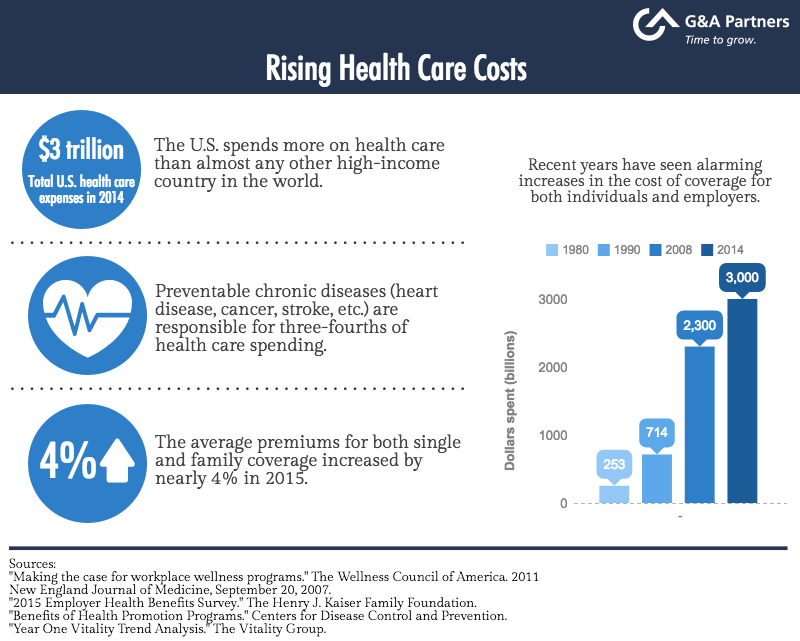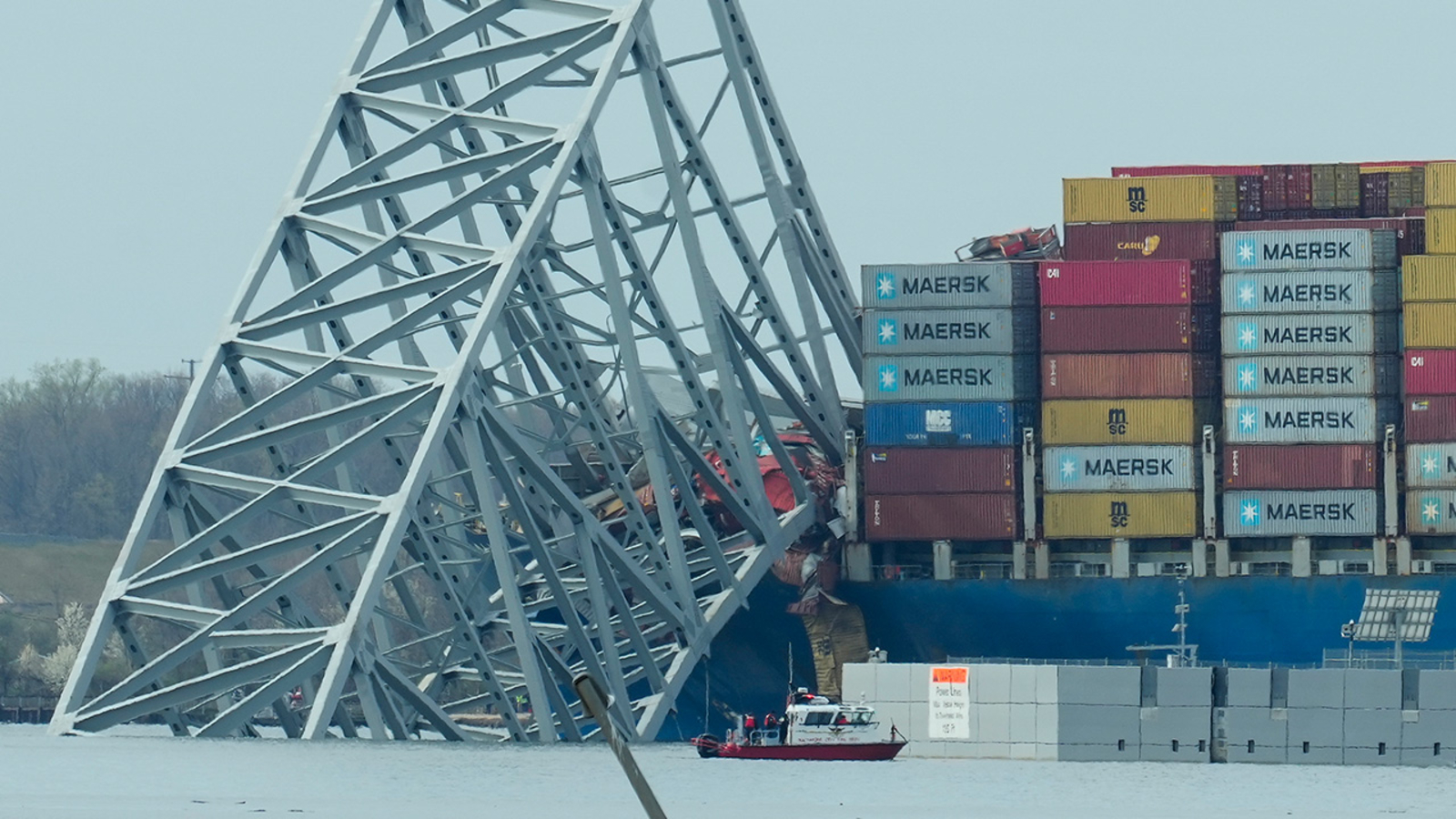Climate Whiplash: A Growing Threat To Cities Worldwide

Table of Contents
Understanding Climate Whiplash
Climate whiplash refers to the rapid and unpredictable transitions between contrasting extreme weather events. Unlike gradual climate change, which is characterized by a slow, incremental shift in average temperatures and weather patterns, climate whiplash involves sudden and jarring swings between, for example, intense drought and devastating floods, or record-breaking heatwaves followed by unexpectedly harsh freezes. This volatility is significantly amplified by climate change, making these events more frequent and severe.
Examples of climate whiplash are increasingly common:
- Jakarta, Indonesia: Experiences intense flash flooding during monsoon seasons, rapidly transitioning to periods of drought.
- Chicago, USA: Has witnessed extreme heatwaves followed by unusually early and intense cold snaps, stressing infrastructure and public health systems.
- Cape Town, South Africa: Faced severe drought conditions followed by intense rainfall leading to flooding and landslides.
- Sydney, Australia: Experienced devastating bushfires followed by severe flooding, highlighting the unpredictable nature of extreme weather events.
Impacts of Climate Whiplash on Urban Infrastructure
The rapid shifts in weather patterns associated with climate whiplash place immense strain on urban infrastructure, causing significant damage and disruption. Cities are particularly vulnerable due to their high population density and complex interconnected systems.
- Transportation Networks: Roads, bridges, and public transit systems are susceptible to damage from flooding, extreme heat, and freezing temperatures, leading to costly repairs and service disruptions.
- Drainage Systems: Overburdened drainage systems are often unable to cope with the intensity of sudden downpours, resulting in widespread flooding and water damage to buildings and infrastructure.
- Power Grids: Extreme weather events, such as strong winds and heavy snow, can cause widespread power outages, affecting essential services like hospitals and communication networks.
- Buildings and Critical Facilities: Repeated exposure to extreme weather conditions can weaken building structures, impacting their lifespan and increasing the risk of collapse. Hospitals, schools, and other essential facilities are particularly vulnerable.
The economic consequences of this damage are substantial, encompassing repair costs, business interruptions, and the loss of productivity. The cumulative effect of repeated climate whiplash events can severely strain municipal budgets and hinder economic growth.
The Social and Health Impacts of Climate Whiplash
The human cost of climate whiplash is significant and far-reaching, impacting both physical and mental well-being.
- Heat-Related Illnesses: Extreme heatwaves contribute to a rise in heatstroke, dehydration, and other heat-related illnesses, particularly affecting vulnerable populations like the elderly and those with pre-existing health conditions.
- Infectious Diseases: Flooding and water contamination can spread waterborne diseases, leading to outbreaks of cholera, typhoid, and other infectious illnesses.
- Displacement and Migration: Extreme weather events, such as floods and wildfires, can force people to evacuate their homes, leading to displacement and internal or cross-border migration.
- Mental Health: The repeated trauma and uncertainty associated with unpredictable weather events can have profound impacts on mental health, increasing rates of anxiety, depression, and post-traumatic stress disorder.
Vulnerable populations, including low-income communities, the elderly, and individuals with disabilities, are disproportionately affected by climate whiplash, often lacking the resources to cope with its consequences.
Mitigating the Effects of Climate Whiplash in Cities
Addressing climate whiplash requires a multifaceted approach involving both adaptation and mitigation strategies. Cities must invest in resilient infrastructure and implement proactive measures to minimize the impacts of extreme weather events.
- Improved Urban Planning: Implementing green infrastructure, such as green roofs and urban forests, can help reduce the urban heat island effect and improve drainage.
- Resilient Building Codes: Enacting stricter building codes that incorporate climate-resilient design principles can enhance the ability of buildings to withstand extreme weather conditions.
- Early Warning Systems: Investing in advanced weather forecasting and early warning systems can provide crucial time for communities to prepare for impending extreme weather events.
- Climate-Resilient Infrastructure: Upgrading existing infrastructure to withstand extreme weather events is essential, including strengthening drainage systems, improving power grids, and reinforcing transportation networks.
- Community-Based Adaptation: Engaging local communities in the development and implementation of adaptation strategies is crucial, ensuring that solutions are tailored to the specific needs and vulnerabilities of each area.
Collaboration between governments, urban planners, engineers, scientists, and local communities is essential to develop effective and sustainable solutions.
The Role of Global Cooperation in Addressing Climate Whiplash
Climate whiplash is a global challenge that requires international cooperation to effectively address its causes and consequences. This involves a concerted effort to reduce greenhouse gas emissions and build resilience in urban areas worldwide.
- International Agreements: Strengthening international agreements and treaties, such as the Paris Agreement, is crucial for setting ambitious emissions reduction targets and promoting global climate action.
- Sharing Best Practices: Sharing successful adaptation and mitigation strategies among cities worldwide can accelerate the adoption of effective solutions.
- Funding for Climate Adaptation: Providing financial and technical assistance to developing countries to support climate adaptation and mitigation projects in urban areas is essential.
- Global Research and Monitoring: Continued investment in research and monitoring efforts is necessary to better understand the mechanisms of climate whiplash and improve predictive capabilities.
The international community must work together to mitigate climate change and build more resilient and sustainable cities capable of withstanding the impacts of climate whiplash.
Conclusion
Climate whiplash poses a serious and growing threat to cities worldwide, causing widespread damage to infrastructure, impacting public health, and exacerbating social inequalities. The unpredictable nature of these extreme weather events demands immediate and decisive action. We must prioritize the implementation of climate-resilient urban planning, invest in robust infrastructure, and strengthen international cooperation to mitigate the effects of climate whiplash. Learn more about climate whiplash in your region and get involved in local initiatives to build climate resilience in your city. Collective action is crucial to protect our urban environments and safeguard the well-being of future generations. Let's work together to build a future where our cities can withstand the challenges of climate whiplash.

Featured Posts
-
 Corporate Pressure And The Rising Cost Of Pet Care In The Uk
May 31, 2025
Corporate Pressure And The Rising Cost Of Pet Care In The Uk
May 31, 2025 -
 Today In History March 26 1968 The Francis Scott Key Bridge Collapse In Baltimore
May 31, 2025
Today In History March 26 1968 The Francis Scott Key Bridge Collapse In Baltimore
May 31, 2025 -
 Fatal Fury Boxing Mays Must See Riyadh Fight Night
May 31, 2025
Fatal Fury Boxing Mays Must See Riyadh Fight Night
May 31, 2025 -
 Northeast Ohio Weather Umbrella Alert For Incoming Showers And Thunderstorms
May 31, 2025
Northeast Ohio Weather Umbrella Alert For Incoming Showers And Thunderstorms
May 31, 2025 -
 How To Achieve The Good Life Simple Steps For Lasting Happiness
May 31, 2025
How To Achieve The Good Life Simple Steps For Lasting Happiness
May 31, 2025
